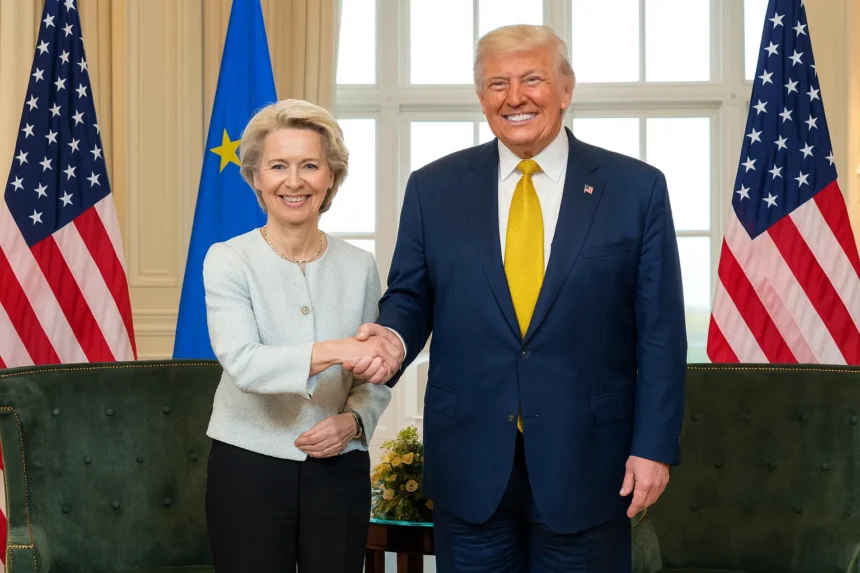After a three-month upswing, Germany’s economic morale plummeted in August, raising fresh concerns about the nation’s prospects for development. Following a contentious EU-US trade agreement that has let financial analysts down and exposed important industrial sectors to higher tariff duties, the drop has occurred.
In August, the ZEW Indicator of Economic Sentiment fell 18 points to 34.7, clearly missing forecasts for a more moderate decline to 40. A portion of the robust rebound that occurred in July, when sentiment reached its greatest level since February 2022, has now reversed.
Concerns over Germany’s poor second-quarter performance and the alleged imbalance of the recently concluded transatlantic trade agreement are the leading causes of the decline. Professor Achim Wambach, head of ZEW, stated that financial market analysts are dissatisfied with the recently announced EU-US trade agreement.
The weak second-quarter performance of the German economy also contributes to the significant drop in the ZEW indicator in August 2025. The picture has been worse, especially for the pharmaceutical and chemical sectors. The automobile industry is also negatively impacted, as are the fields of mechanical engineering and metal. The eurozone’s sentiment reflected Germany’s downturn. The bloc’s ZEW expectations index plummeted 11 points to 25.1, while the actual conditions gauge sank.
Also Read:
Medhat Elabd: Driving Financial Foresight Through Trust and Precision





